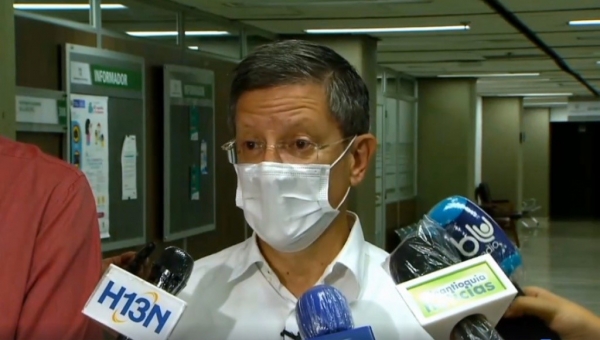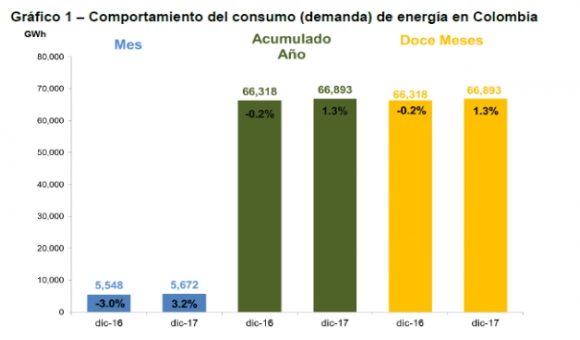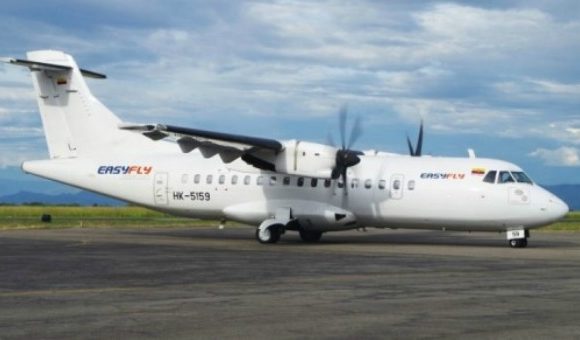115 Towns in Antioquia Conditionally Liberated from Covid-19 Quarantine

Antioquia’s General Secretary Luis Fernando Suárez announced May 21 that 115 towns in Antioquia that haven’t had a single case of Coronavirus have now been freed from quarantines for nearly all economic sectors.
None of these towns are in the Medellin metro area (Valle de Aburra), however. Nor is the city of Rionegro, where Medellin’s international airport is located.
“The Ministry of the Interior gave the guarantee so that the municipalities of the department without Covid-19 cases and located outside the Aburrá Valley can advance in the gradual and safe reactivation of the economy,” according to the official press bulletin from the Antioquia departmental government.
“Although Antioquia is prepared for this new stage, Governor Anibal Gaviria, in a direct dialogue with the 115 mayors of the municipalities located outside the metropolitan area, gave them the freedom to each independently define whether the reopening of their municipality occurs.
“For this, the mayors must issue an administrative act based on the authorization that the Ministry of the Interior has already issued.”
However, “the pandemic is dynamic and every day the scenario changes,” so reopenings can be suspended depending upon future Covid-19 outbreaks, according to the bulletin.
“Every day we must be doing monitoring, measurement and control and it is at this stage that a municipality that was declared ‘non-Covid,’ the next day may be a ‘Covid’ municipality, because cases appear,” Suárez added.
“This scenario requires that the mayors who are going to issue the administrative act review the website of the Ministry of the Interior, in a link provided for them, so that upon the certification of [Covid-free] municipalities, a gradual and safe reopening of the economy” can occur.
“Control, monitoring, and compliance with protocols for the gradual opening of the economy are essential, with the use of personal protection measures by people who work in commercial establishments,” the bulletin added.
“We will continue recommending ‘pico y cédula’ [shopping-days rotations], mechanisms that ensure that there are no crowds in establishments and on public roads,” Suarez said.
“The restriction of the educational sector [banning physical attendance at schools] continues until the Ministry of Education authorizes it, just as the restriction for swimming pools and parks, and restaurants can only operate with home-deliveries,” he added.
Meanwhile, Governor Gaviria “has been leading a campaign so that children in the rural areas can return to school due to the [internet] connectivity problems that exist in these areas,” a petition that “awaits the approval of the Education Ministry,” according to the bulletin.
“For this gradual and safe reopening of the economy [in the 115 towns], health checkpoints [on roads] will be strengthened over the next 15 days, to prevent the virus from arriving from other regions, as has happened with the latest registered cases,” the bulletin concluded.
















